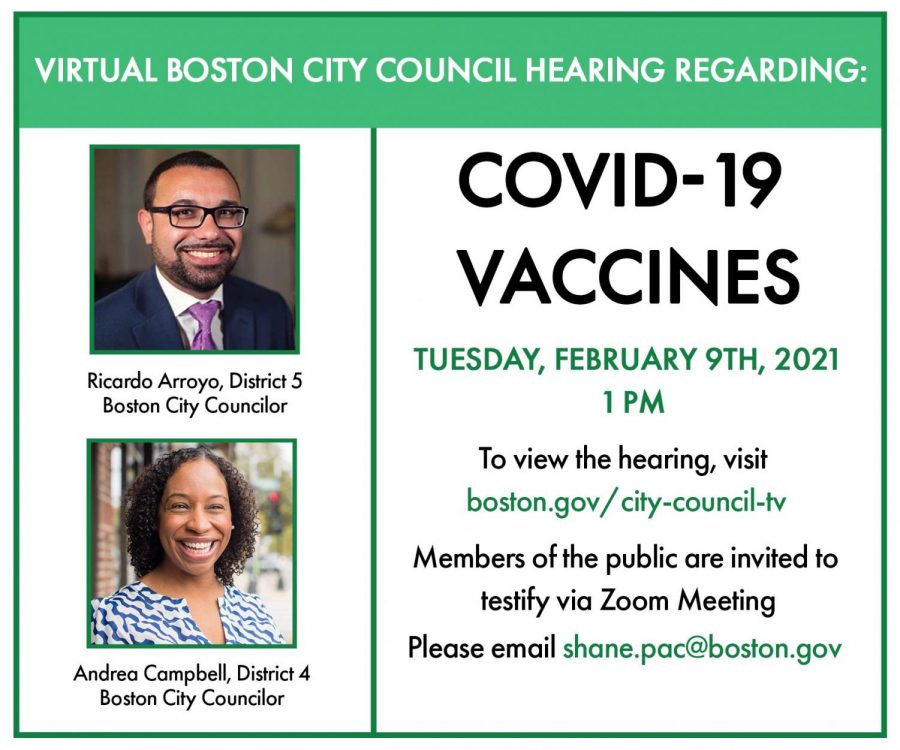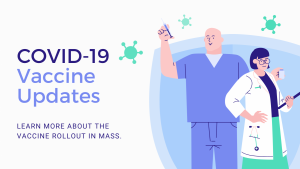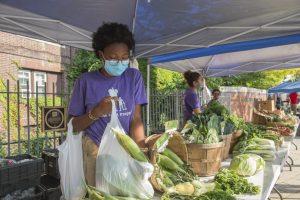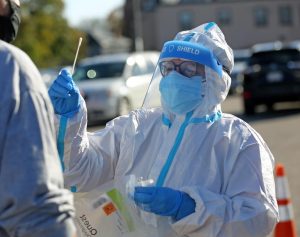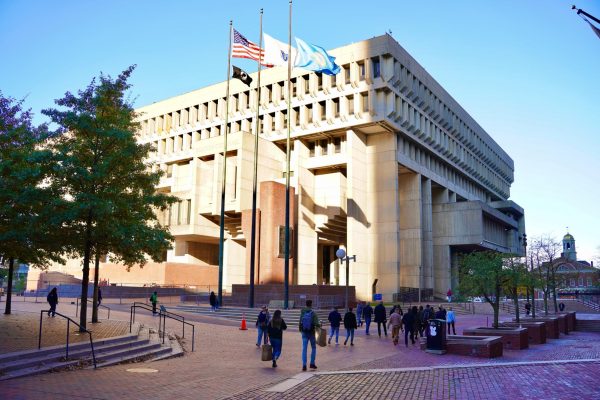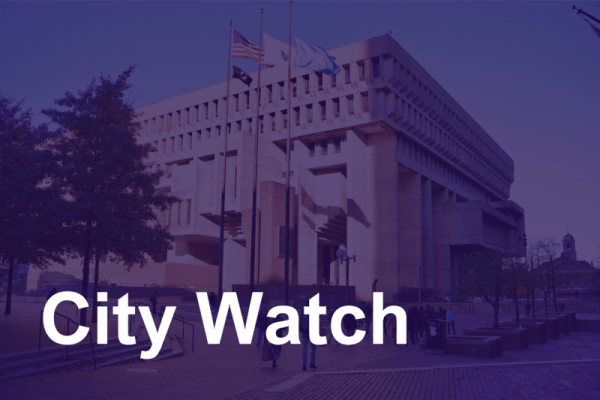Boston officials, medical professionals & community leaders discuss equitable vaccine distribution
Photo: Boston City Council
City council hearing to discuss strategies that will ensure the COVID-19 vaccine is equitably distributed, especially to communities who are hardest hit.
How to ensure equity and accessibility in the COVID-19 vaccine distribution in Boston was the front and center issue at the city council hearing held via Zoom on Tuesday.
Boston city councilors discussed COVID-19 vaccine dose availability and the various barriers that prevent eligible residents receiving the vaccine. Medical professionals and community leaders were present to voice their concerns and propose strategies to increase trust in the vaccines in communities of color and to provide vaccines for communities disproportionately affected by COVID-19. Councilor Ricardo Arroyo moderated the hearing.
Councilor Andrea Campbell first filed an order for this hearing in December, 2020 due to the inequities in the vaccine distribution. According to Campbell, while white Massachusetts residents received nearly 36% of the vaccine doses, under 20% of doses went to people who identify as multiracial, 3.3% of doses went to Hispanic residents or residents in the Latinx community, 2.8% of doses went to Asian residents, and 2.6% of doses went to Black residents.
Dr. Jennifer Lo, the medical director of the Boston Public Health Commission reported that of the more than 70,000 people who participated in the COVID-19 vaccine clinical trial, 20% of people who participated in the Moderna vaccine trial identified as Hispanic or Latinx and 9.7% of people identified as Black. Additionally, 26.2% of people who participated in the Pfizer vaccine trial identified as Hispanic or Latinx, and 9.8% of participants identified as African American, Lo said.
Chief of Health and Human Services Marty Martinez outlined the state’s plan for equitable vaccine distribution strategy and Boston’s approach to combat COVID-19 have included mass vaccination clinics, priority group clinics, community-based public clinics, and mobile vaccination teams.
Four new vaccination sites opened last week in East Boston, South End, Revere, and Chelsea, Martinez said. Current vaccination sites administered about 4,000 vaccine doses per week, and they aim to increase this capacity to 6,000 to 7,000 per week, he said.
However, Campbell said that a vaccination site in every neighborhood is not equity.
People of color are less likely to trust the COVID-19 vaccine, “based on the history of distrust between the medical community and people of color,” Campbell said.
The disproportionate amount of deaths due to COVID-19 for people of color are a reflection of disproportionate differences in health between people of color and white people, said Wanda McCain, the Vice President for Community Health. Approximately 64% of her center’s employees are vaccinated, and she noted differences in trust that white employees and employees of color have in the vaccine.
Sandra Cotterell, the CEO of the Codman Square Health Center, reported that approximately 55% of employees at her center are vaccinated and employees of color are less likely to to accept or trust the vaccine.
COVID-19 and access to the vaccine also disproportionately affect undocumented immigrants. Undocumented immigrants may be discouraged by the state’s COVID-19 website instructions to provide proof of insurance and/or an ID to make an appointment to receive the vaccine, Councilor Liz Breadon said.
Manny Lopes, the President and Chief Executive Officer of the East Boston Neighborhood Health Center, said that health centers ask for insurance information because they are required to do so in order to receive federal grants for COVID-19 vaccines operations. However, patients do not need to provide proof of insurance in order to receive the vaccine.
“[It] requires us to ask and bill insurance if the individual has insurance so we’re not using federal funds to essentially subsidize the insurance companies,” Lopes said.
Although the Center asks patients for their insurance information, neither proof of insurance nor an ID is required for them to receive the vaccine, Cotterell said.
Another disparity issue in vaccine distribution, Councilor Michael Flynn highlighted, is that there is a high rate of asthma among Chinatown residents but people with asthma are not yet eligible for the vaccine. People with asthma are in the higher risk category for COVID-19, according to the CDC. COVID-19 may be more likely to affect the respiratory tract (nose, throat, lungs), cause an asthma attack, and possibly lead to pneumonia and acute respiratory disease for patients with asthma.
Martinez explained that the state determined who is eligible for a vaccine and in what order based on a panel of clinical and medical experts. They have been notified of the additional risks that people with asthma have if they are infected with COVID-19, Martinez said.
To address the risks that people of color and seniors face and the limited supply of vaccine doses, the state reserved 40% of available vaccination appointments this week for community-based organizations who serve seniors of color and other at-risk populations who are eligible, Martinez reported. All other eligible residents of the public could access the remaining 60% of available appointments listed on the state’s website.
Even if all eligible residents trusted medical professionals’ outlook on the COVID-19 vaccine, there are still not enough doses for everyone. The lack of available vaccine doses and the restrictions on transportation also affect the state’s ability to ensure that all eligible senior residents get vaccinated.
The medical experts on the panel shared the sentiment that all measures to maintain social distancing, including encouraginge or requiringe residents to wear face masks, and encourage all residents to get vaccinated when eligible, are necessary to reduce the spread of COVID-19.
“Until we’re down to zero cases a day, on average,” Lo said, “We really need to continue with these public health strategies.”


